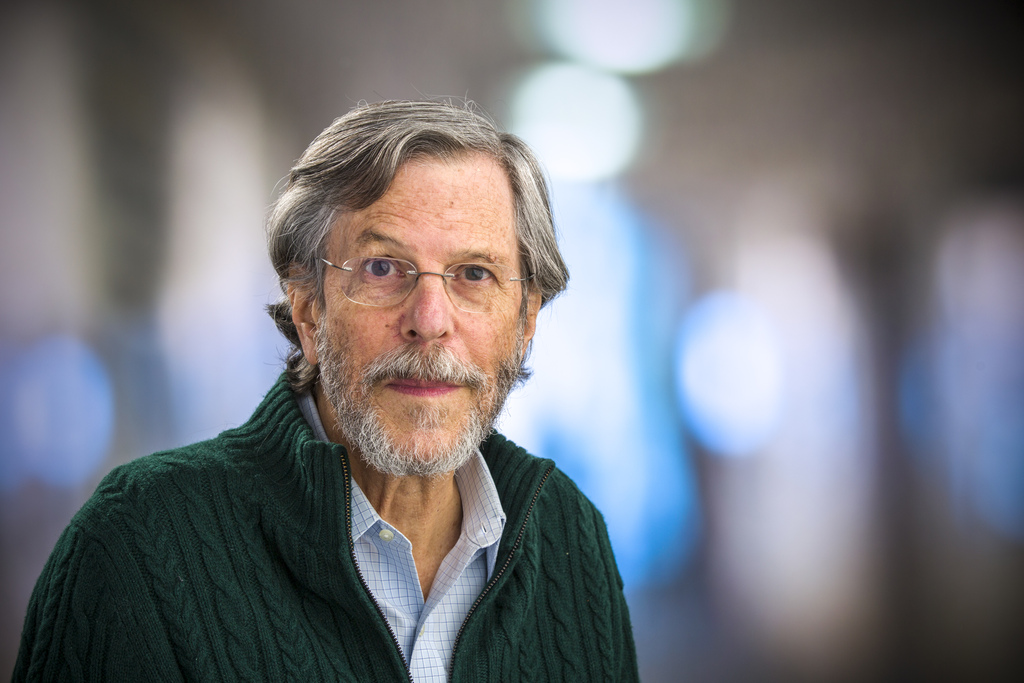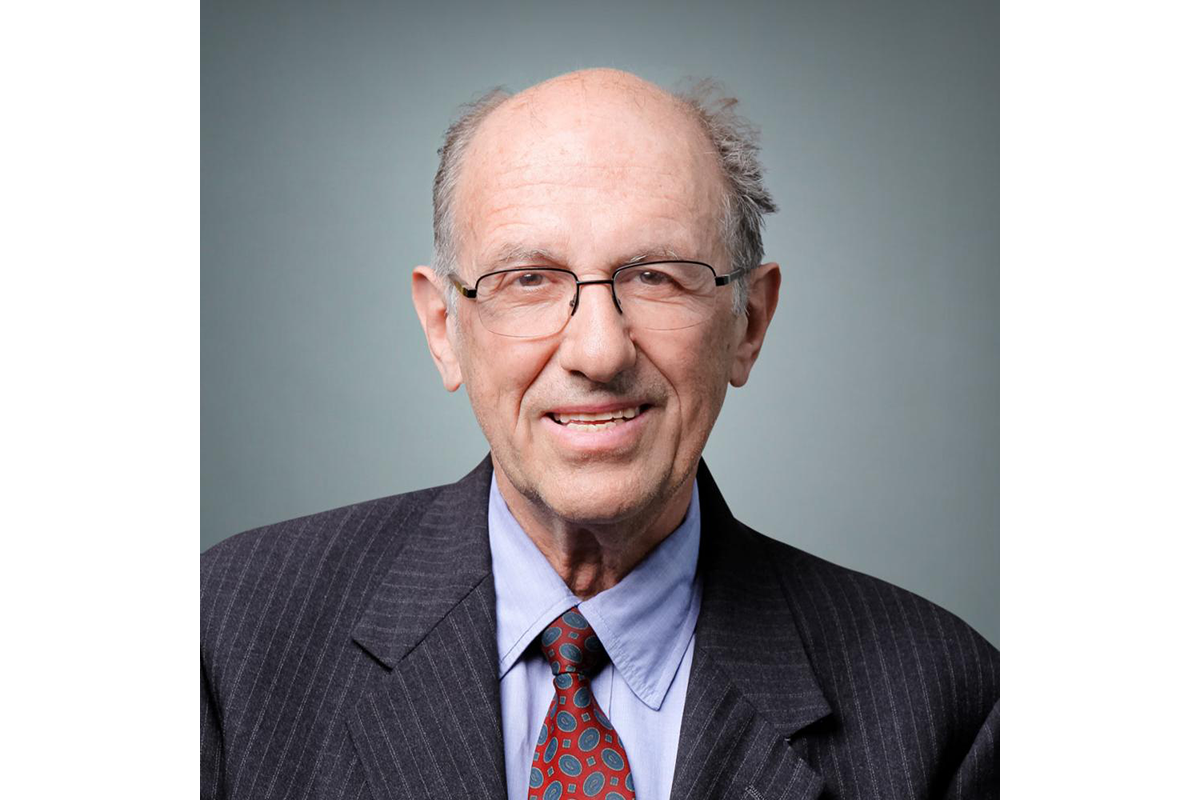
Trial Spotlight: Elyse Park on EAQ171CD – the Smoke-Free Support Study 2.0
October 19, 2021
Remembering Martin “Mac” Cheever, MD
October 19, 2021Remembering Franco M. Muggia, MD


Photo by NYU Langone Staff
In Memoriam
By Howard S. Hochster, MD
Franco Muggia was the son of Italian Jews fleeing fascism in 1936, and landing in Quito, Ecuador. He eventually made his way to the United States, following his brother to Connecticut to attend the Wooster School in Hartford and then Yale University as an undergraduate. He then opted to continue in the family “business” of medicine, attending medical school at Cornell University, and training at Bellevue Hospital and Delafield Hospital in New York City, and in Hartford, Connecticut. His passion for cancer treatment took him to the National Institutes of Health (NIH) for training and eventually to the National Cancer Institute (NCI) extramural program (now the Cancer Therapy Evaluation Program, or CTEP) for drug development where he was recruited by Dr. Vincent DeVita to direct the new CTEP. He was the Associate Director there and worked with other major leaders in oncology such as Drs. Paul Carbone, Dan Von Hoff, and Marcel Rosenzweig.
He was recruited to New York University (NYU) as the first director of the Division of Medical Oncology by the chief of medicine and dean of the medical school, Dr. Saul Farber, in 1979. Franco proceeded to rapidly recruit a division including a research fellow from Australia, Dr. Michael Green. Franco rejoined ECOG-ACRIN Cancer Research Group (ECOG-ACRIN) at that time as principal investigator for NYU, leading NYU to be a major member of ECOG-ACRIN to this day. He previously chaired the Gastrointestinal Cancer Committee with Dr. Charles Moertel from Mayo Clinic and was an NCI colleague of past Group Chair Dr. Paul Carbone.
Franco managed to build his research program with Michael Green to develop novel anthracyclines through his connections with the drug company Farmitalia, originators of Adriamycin® (doxorubicin). Beyond Adriamycin, we tested numerous analogs such as epirubicin, DMDR, and marcellomycin, and used catheters for prolonged infusions. As a resident I was fascinated by cancer therapeutics, clinical trials, and pharmacology and I found a warm and welcoming home in Dr. Muggia’s oncology division. I became a fellow at NYU in 1983 and I worked on phase II trials of epirubicin, publishing these in the relatively new Journal of Clinical Oncology.
Franco recruited and found friends all over the world. In 1984, Dr. Martine Piccart, now Cancer Center Director at Jules Bordet in Brussels and European leader in breast oncology, worked at NYU for a year of research. She was followed by other major figures in oncology such as Dr. Nicoletta Colombo and Dr. Giuseppe Giaconne. I also went to Brussels in 1985 for a research year and was widely greeted throughout Europe with warm hugs whenever I mentioned that I was a fellow with Franco. He continued this approach to research fellow training for the last 40 years with a very long list of visiting fellows plus three – five fellows progressing through the NYU training program each year.
Franco continued his anthracycline devotion with prevention of cardiotoxicity using dexrazoxane (ICRF-187). This drug was discovered at NCI and Franco managed to bring it to randomized clinical trials in breast cancer and published this work in the New England Journal of Medicine. I recall giving one patient 3000 mg/m2 of doxorubicin. The drug was eventually licensed and approved (after a couple of cycles). It is still used frequently by pediatric oncologists, but in breast cancer and solid tumors its need has been supplanted by taxanes.
Franco and his friend Dr. Monroe Wall, who discovered both taxol and camptothecin, were frequent collaborators. We were heavily involved with development of these classes of drugs at NYU. Franco was a recognized leader of drug development in gynecologic oncology and was recognized as such by the Society of Gynecologic Oncology with multiple awards. He focused on ovarian cancer treatment over the last few years, and continued seeing patients until his last day on earth, passing suddenly on the way home from his clinic at NYU.
Franco’s approach to cancer was always one of curiosity and learning opportunity. He never failed to recommend writing up interesting cases and learning from them. His academic interest, curiosity, and dedication to patient care were his hallmarks until his final days. Those of us who were mentored by Franco in small and major ways will always remember his warmth, enthusiasm, and indefatigable energy for treatment and possible cures of cancer. He was an unparalleled mentor to generations.
Read a full obituary here and here.
Dr. Hochster is the ECOG-ACRIN Principal Investigator at the Rutgers Cancer Institute of New Jersey. His Twitter handle is @HH_Oncodr.
![ECOG-ACRIN logo[19516]275×75](https://blog-ecog-acrin.org/wp-content/uploads/2021/03/ECOG-ACRIN-logo19516275x75.png)
